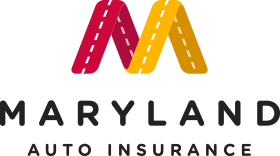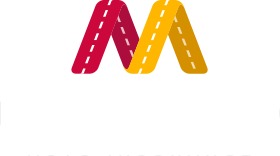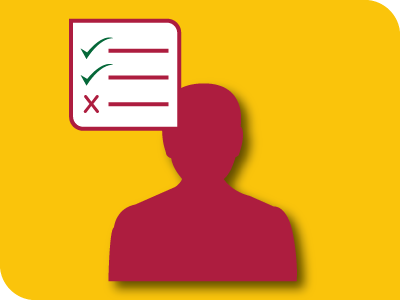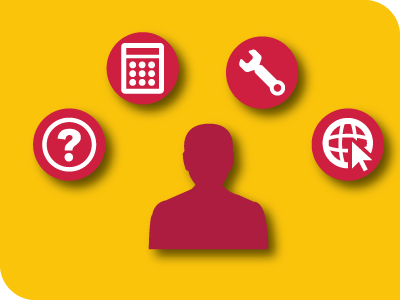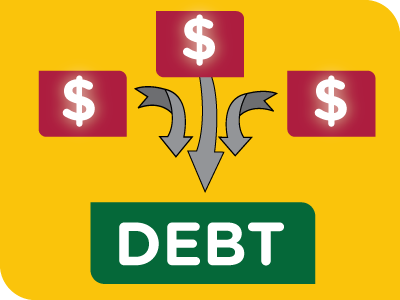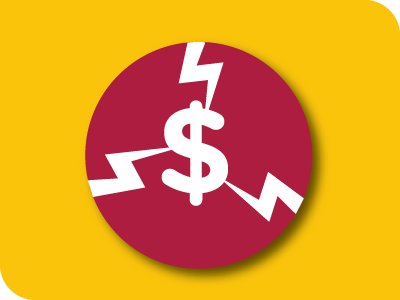Managing Debt
How to Help Yourself
There are steps you can take to reduce and manage your debt on your own.
Developing a budget (more detail here) can help you get a realistic view of your financial situation. Establishing a budget can help you make ends meet and cover your necessities such as food, healthcare, housing, insurance, and education, and allowing you to know exactly how much you can commit to paying down debt each month.
Reach out to creditors as soon as you can to inform them of your situation. You can discuss creating a modified payment plan if you’re having trouble making ends meet. This will prevent your account from being referred to a debt collector, which can adversely impact your credit score.
Debt collectors are subject to federal law and are only allowed to contact you between the hours of 8 am and 9 pm. If your employer does not approve of the calls, they are also not allowed to contact you at your place of employment. If you provide a written request asking for them to not contact you any further, they must also honor this.
Home and auto loans allow the lender to repossess your vehicle or foreclose on your home if you default on your loan.
When your vehicle is repossessed, no notice is required. To get the vehicle back, you will have to pay the balance on the loan along with towing and storage charges.
If you fall behind on your home mortgage, reach out to your lender to advise them of the situation. Most will be willing to work with you to identify options. Consider contacting a housing counseling agency such as the Maryland Department of Housing and Community Development to see if they can help teach you how to get back on track or offer grants or programs that may be able to help you remain in your home.
Credit Counseling & Debt Relief Services
You can also seek the help of professional credit counseling and debt relief organizations that can assist in repairing your financial situation.
Related: Take Control of Your Debt (CCCSMD.org)
Credit Counseling organizations assist with developing a budget and managing your debts. Many offer workshops and educational materials so you can learn how to get back on track. Make sure that the credit counseling organization is reputable.
Some questions to ask to find the best counselor for your needs are:
- Will I have a written contract with you? Be sure to read the contract before signing anything.
- Do you offer free educational materials?
- What services do you offer?
- What are the fees for using this service?
- What if I can’t afford to pay your fees?
- Are you licensed in Maryland?
- How are employees paid? If they are paid more if you sign up for services or pay a fee, this may not be a reputable organization.
- What qualifications or certifications do your counselors hold?
- How can I be assured that my personal information will be confidential and secure?
Debt Management Plans (DMP) may be helpful if you have too much debt or are unable to make required payments. Your credit counselor may suggest that you enroll in a DMP, where you deposit money into an account with the credit counseling organization every month. The organization will then use those funds to pay off unsecured debts (such as medical bills, credit card bills, and student loans) based on a schedule that your counselor creates between you and your creditors. In turn, your creditor may waive fees or lower your interest rate. Keep in mind that for this plan to be successful, your payments must be made on time and may last for several months to several years.
Debt Settlement Programs are offered by for-profit companies who negotiate with creditors to allow you to pay a lump-sum settlement that is less than the amount you owe to resolve your debt. To fund the settlement payment, the company will ask you to set aside a specific amount every month in savings, in an escrow-like account. These programs don’t come without risk. Debtors are sometimes required to deposit money in the savings account for several years before the debts are settled. Often, consumers will have trouble making these payments long enough to accumulate the required amount for the settlement. Creditors also have no obligation to negotiate a settlement. Debt settlement programs also typically advise debtors to stop making monthly payments to creditors, which can result in serious consequences such as additional fees and penalties, as well as negatively impacting your credit report.
BUYER BEWARE: There are debt settlement and elimination programs that are scams! Do your homework before signing up for a program by reaching out to the Maryland Attorney General to see if there are any complaints on file about the firm. Some red flags to look for are:
- Charges fees before entering you into a DMP or before your debts are settled.
- Strongly encourages you to make “voluntary contributions” (a.k.a. fees).
- Proclaims a “new government program” to get you out of personal credit card debt.
- Guarantees to make your debts go away or that they can be paid off for “pennies on the dollar.”
- Doesn’t warn you of the risks of stopping communication with your creditors before recommending you do so.
- Will only send you free information about their services if you provide personal financing information such as credit card numbers or the balance on your card.
- Does not teach you money management skills.
- Have you deposit money for DMP payments prior to enrolling in the program.
Debt Consolidation
Debt consolidation combines multiple debts into a single payment and can be a useful tool when you have multiple, higher-interest debts, such as credit cards.
You can obtain a low or no-interest credit card and transfer balances to that card, or loans are available. Some people also take loans against the equity in their homes to pay off debt.
Here are some resources to help you with debt consolidation:
What is Debt Consolidation, and Should I Consolidate (NerdWallet.com)
Bankruptcy
If you file for bankruptcy, you will receive a discharge, which is a court order confirming that you do not have to pay back certain debts. However, filing for bankruptcy stays on your credit report for 10 years and can make it hard to obtain credit, purchase a home, or get life insurance.
The two main types of personal bankruptcy are Chapter 13 and Chapter 7.
Chapter 13 allows you to keep property that you may otherwise lose through the bankruptcy process if you have a steady income.
Chapter 13 Bankruptcy Basics (USCourts.gov)
Chapter 7 is also known as “straight bankruptcy.” This involves liquidating all assets that are not exempt.
Chapter 7 Bankruptcy Basics (USCourts.gov)
Credit counseling from a government-approved organization is required before you can file for bankruptcy relief.
